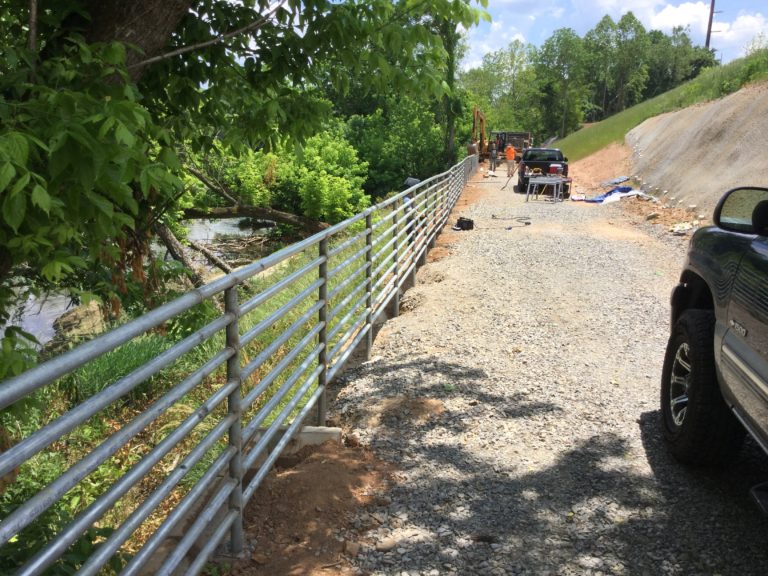At its 5 p.m. Aug. 9 meeting, Asheville City Council will hold a public hearing on a potential $74 million bonds package as part of a series of steps required by the NC Local Government Commission, a financial oversight division of the NC Department of the Treasury. If the commission gives the City the go-ahead the bonds package could appear on the Nov. 8 general election ballot. Here is the agenda for the Aug. 9 meeting, including links to related documents.
In work sessions earlier this summer, City Council had staff narrow down potential projects for a possible bond package into three categories. These would be voted on separately during the election. The three bond focus areas would include:
Transportation networks: At a maximum of $32 million, proposed projects would significantly improve the transportation network to include streets, sidewalks, bike lanes, greenways and bus shelters.
Parks and recreation facility improvements: At a maximum of $17 million, proposed projects would make major improvements to passive and active recreational facilities across the city.
Affordable housing: At a maximum of $25 million, proposed programs would support affordable housing within the city limits.
Asheville capital spending and debt
Asheville began a major capital improvement program in 2013. In 2013, the City Council passed a 3¢ increase to the property tax, designating 2¢ to economic development capital improvements and 1¢ for infrastructure maintenance. Leveraging the additional tax dollars, the City developed a $150 million capital improvement program with planned funding from Limited Obligation and Special Obligation Bonds as well as grants and partnerships with the State and other agencies.
Prior to this program, the City issued very little debt, whether for infrastructure repair or new construction within the City
At the end of fiscal year 2015-16, the City started to issue debt for much needed improvements, including parks and pools, streets and sidewalks and investment in the River Arts District. Asheville’s per capita debt as of June 30, 2016 is $947, still quite low for a City in a growth environment.
As of June 30, 2015, the City’s per capita debt was only $274, compared to an average of North Carolina’s largest cities of $1,171.
Bond survey highlights
At its July 26 meeting, City Council heard a presentation from Tige Watts of Campaign Research + Strategy, who said the survey showed overall strong support for the potential bonds package. More than 60% of Asheville residents surveyed on a potential City of Asheville bonds referendum had a favorable view of the potential package.
Some 403 Asheville residents were surveyed by Campaign Research + Strategy. You can read the full survey here: City of Asheville Poll 2016 Results.
Some highlights:
Transportation networks: 67% said yes, 21% answered no, 12% were not sure.
Parks and recreation facility improvements: 60% said yes, 27% answered no, 13% were not sure.
Affordable housing: 67% said yes, 23% answered no, 9% not sure.
Managing debt
If the referendum passes, the City will issue the debt over a period of 5-7 years, during which time some debt will reach maturity and some will be added, making the “total debt” with the proposed bonds difficult number to state since it will be ever changing. If the bond referendum debt were issued all at once in Fiscal Year 2016-17, the per capita debt would be $1,748. There are many North Carolina cities with per capita debt higher than $1,748, some significantly higher.
If passed, the package could add an estimated $100 of property tax annually to a home valued at $250,000.
More information
Asheville Mayor Esther Manheimer has made several community presentations on the proposed bond package, including to the Asheville Area Chamber of Commerce. The presentation is available as a download here:
